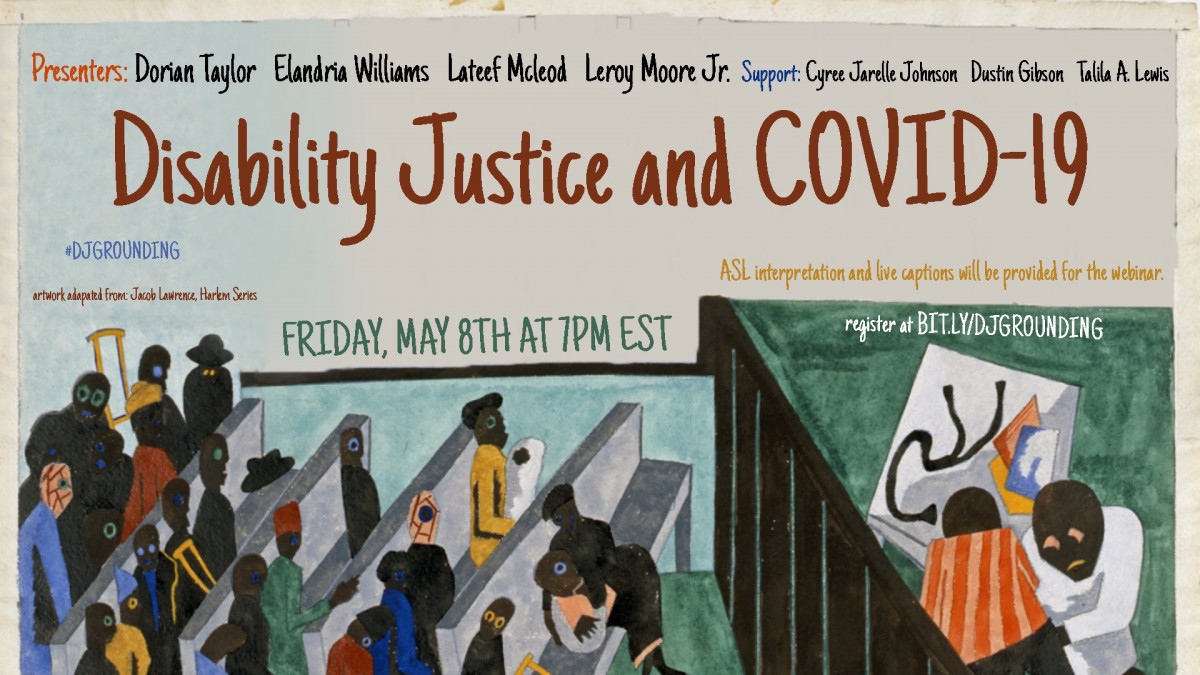Earlier this semester, the OpenLab team hosted an Open Pedagogy event focused on how open digital pedagogy can support student success in gateway courses. There was a great recap of the event. There was also a linked workshop that showcased some tools on the OpenLab and some practices OpenLab members have put in place to foster student success in their courses and at City Tech.
The Futures Initiative has sent an invitation to all interested to join them for “Equity, Health, and Learning: Social Determinants of Academic Success” (details below in the invitation). This event seems like a great way to continue this conversation beyond City Tech. Added bonus: if you attended our event or workshop, or if you’ve gotten to know the OpenLab team, you’ll notice below that OpenLab digital pedagogy fellow Jesse Rice-Evans is one of the speakers at this Futures Intiative event!
Here’s the invitation:
Dear All,
Please join us on Thursday, November 1, 2018 from 12pm to 1pm at The Graduate Center (Room 9204) for a collaborative discussion that will bring together students, faculty and administrators across CUNY to discuss challenges and opportunities that students face outside of the classroom that impact their success inside of the classroom including access to transportation, healthcare, housing, and food.
Speakers will include Peggy Groce, Former Director, Office of Travel Training, District 75, New York City Department of Education, Nicholas Freudenberg, Distinguished Professor at CUNY School of Public Health, Chris Palmedo, Associate Professor of Media Marketing, & Communications at CUNY School of Public Health, and Jesse Rice-Evans, Ph.D. Student, English, The Graduate Center, CUNY.
This panel, moderated by Futures Initiative Fellows Jessica Murray and Adashima Oyo, is part of The University Worth Fighting For, a series of workshops that tie student-centered, engaged pedagogical practices to institutional change, race, equality, gender, and social justice.
This event is free. Please RSVP here, seating is limited!
You can also join us:
- Watching the livestream at bit.ly/FuturesED-live (unedited footage will be available after the workshop for a limited time under “Recent Videos”, and we’ll post an edited version soon)
- Following the hashtag #fight4edu and tweeting your questions/comments
- During and after the event, adding your questions and comments to this Google Doc
Please feel free to share this invitation with your network. More details are below.

Panelist Bios
Nicholas Freudenberg is Distinguished Professor of Public Health and Social/Critical Psychology at CUNY and Director of Healthy CUNY, a university-wide initiatives that promotes health for academic success. For more than 30 years, Freudenberg has worked with community organizations, social services agencies, government and others to develop, implement and evaluate policies and programs that promote more equitable access to education and health for children and young people. Healthy CUNY’s recent report Promoting Health for Academic Success is available here. It describes how depression and anxiety, sexual and reproductive health problems, lack of access to health care and food insecurity undermine the academic success of CUNY undergraduates and how CUNY can act to assist students to overcome these issues.
Peggy Groce initiated Travel Training in the NYC Department of Education in 1970 for students with intellectual disabilities who aged out of school at 17 years of age unless they could travel independently to school. Over time, travel training instructional services were offered to students with diverse disabilities in the NYC public schools. Peggy is a strong advocate for including the teaching of disability history and the disability rights movement in our education system, especially to youth with disabilities, parents, educators, and staff of service provider agencies.
Chris Palmedo is an associate professor in the Community Health and Social Sciences department at the CUNY Graduate School of Public Health and Health Policy. He teaches courses in health communications, social marketing, and health advocacy, and conducts an online certificate program in social marketing for health offered to students all over the world. As a Healthy CUNY Initiative faculty fellow, his research is concerned with helping improve student access to mental health and health insurance. He recently co-authored a college textbook which covers personal health in a public health context.
Jesse Rice-Evans (she/her/hers) is a queer femme rhetorician and PhD candidate at the Graduate Center researching intersections of language, disability, and digital culture. She’s the author of five books, including HONOR//SHAME, an interactive digital chapbook out from Gap Riot Press (2018), and The Uninhabitable, forthcoming from Sibling Rivalry Press in 2019. She teaches queer texts and composition at the City College of New York.
Moderated by:
Jessica Murray, Ph.D. Candidate, Developmental Psychology, The Graduate Center, CUNY
Adashima Oyo, Ph.D. Student, Social Welfare, The Graduate Center, CUNY





